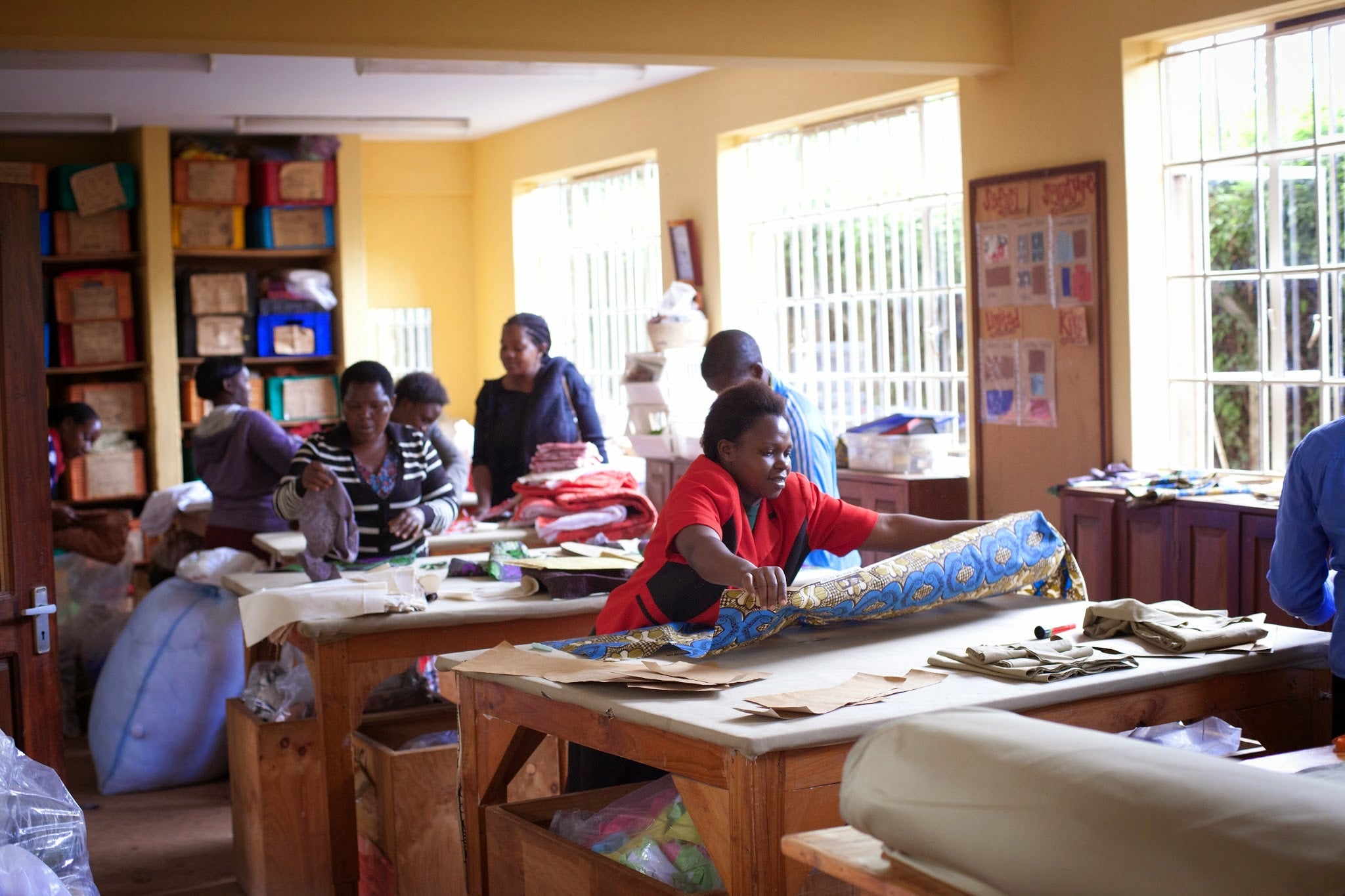
Fair Trade Month: Filling Homes & Hearts with Peace

October is "Fair Trade Month" - and we are proud to be members of
the Fair Trade Federation!
Read what two American women have to say about fair trade and why they fill
their homes with our products and their hearts with our mission.
Emily Kirwin ~ part of the Amani extended family & long-time customer
"Fair trade is trade in which workers are paid fair prices for their work. These workers are safe and well-respected in their workplace. This might be in the US or in a developing country. Fair trade is also regulated by an external organization, in Amani's case the Fair Trade Federation. Fair trade also means transparency.
I buy fair trade because research tells us that we have to behave differently if we want to do something about issues in developing countries. In Amani's case this is currently in Kenya and Uganda In the past 50 years more than $1 trillion dollars has been transferred from wealthy western countries to several African countries (Dead Aid by Damnisa Moyo). As a result, many recipients are actually worse off. We have to start looking at those countries as partners to trade with and empower vs. try to save with handouts."
I like that Amani's marketing pieces tell stories about how fair trade has empowered [the women] or altered the course of their lives in some way. Amani contributes to these lives on an even deeper level by praying for and emotionality caring for these individuals.
A product I purchased and use myself regularly is a small gray purse with lovely turquoise print and a leather strap!"

Mary Miller ~ Amani customer and supporter
"Fair trade means equal benefits on both ends. It doesn't mean I benefit from someone working in a sweatshop, and that my high quality purchase comes from a place where the worker is treated like the high quality they are.
I buy fair trade because I am pretty vehemently anti big corporations that cause mom and pop shops to close, and also because I support the creatively minded around me.
Buying fair trade not only means I get good quality products, it means that I get to support the creativity and mental, emotional, and spiritual health of another person.
"As an artist I know that I have to create...it's how I process. [Through Amani] I get to support the mental health of people who process and find a safe space in creativity, and that is pretty rad! Amani is the fairest fair trade organization I know of...To sum it up, the heart behind Amani is so beautiful it makes me tear up.
I have bought so many things from Amani. I have coffee, aprons, oven mitts, jewelry, a clutch and a couple bags. Everything... has incredible durability and endurance, and I have gotten so many compliments on each item."



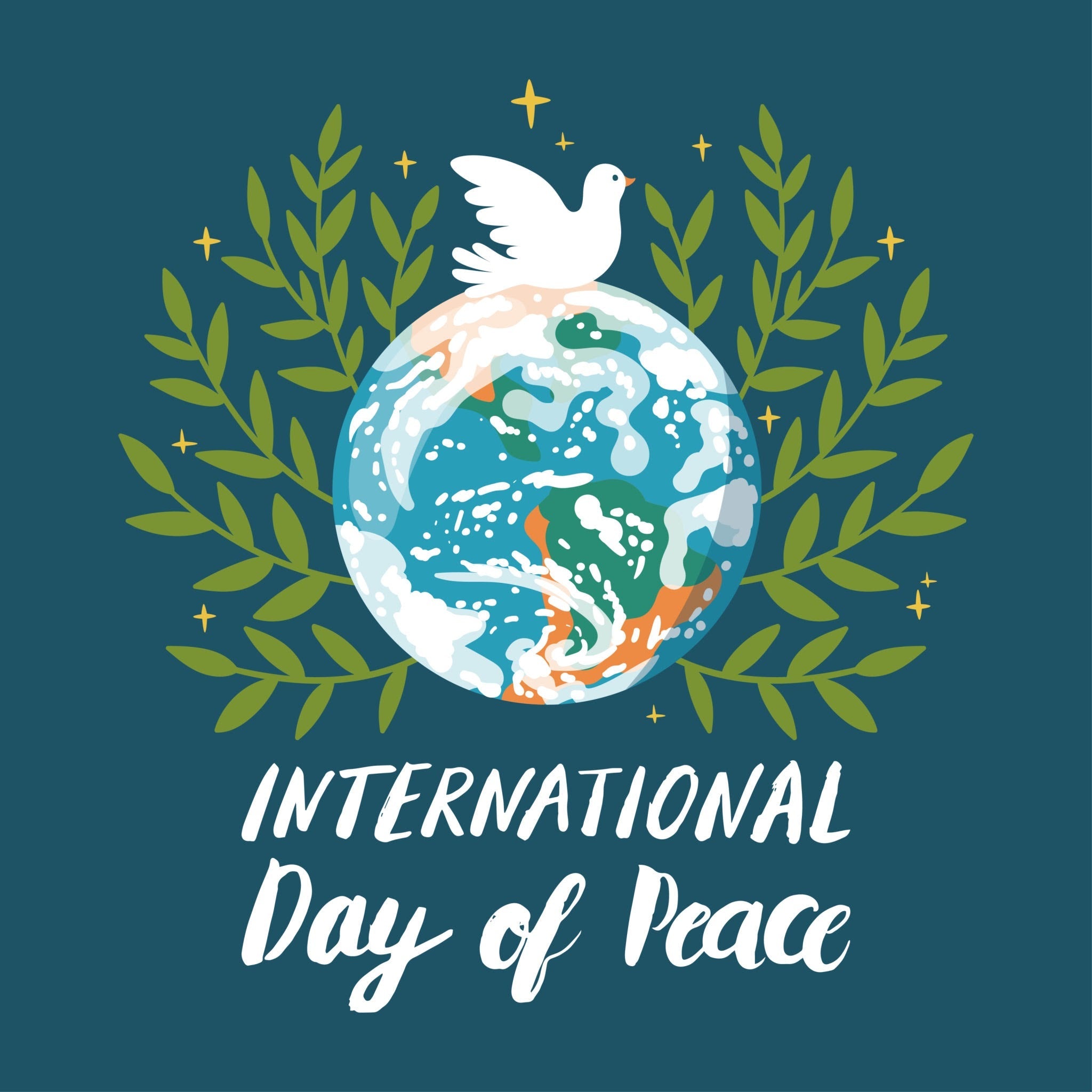
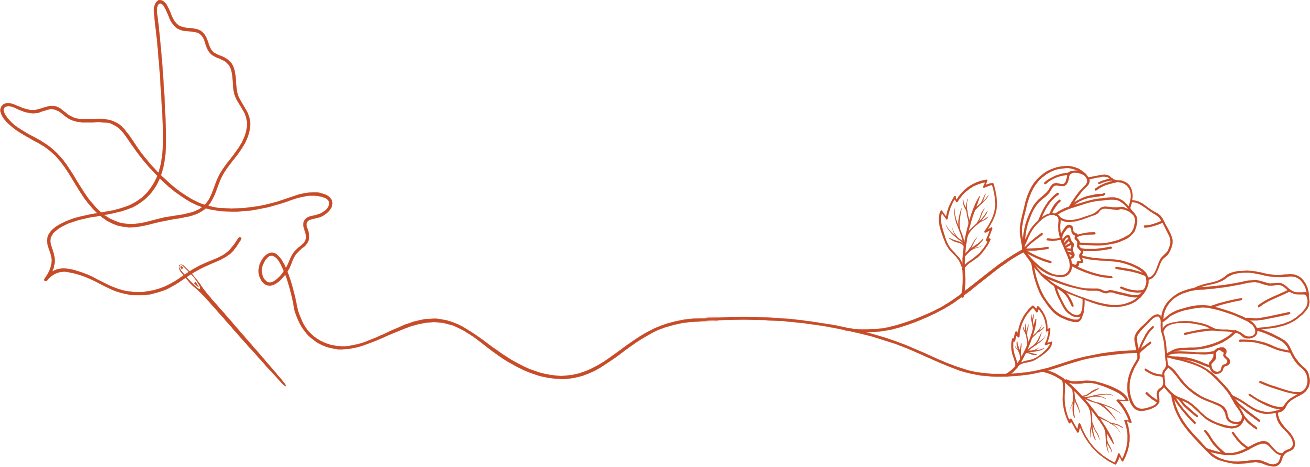
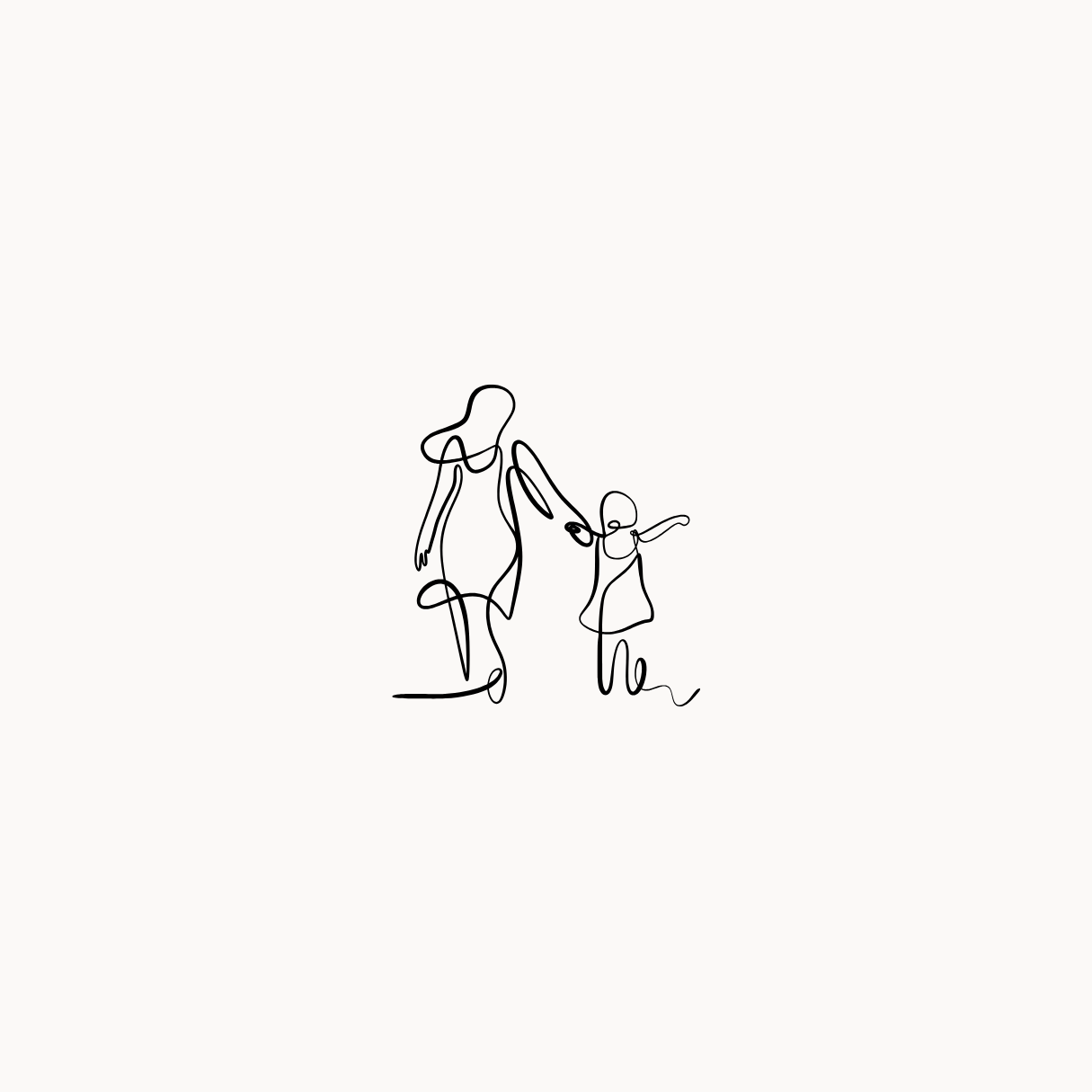
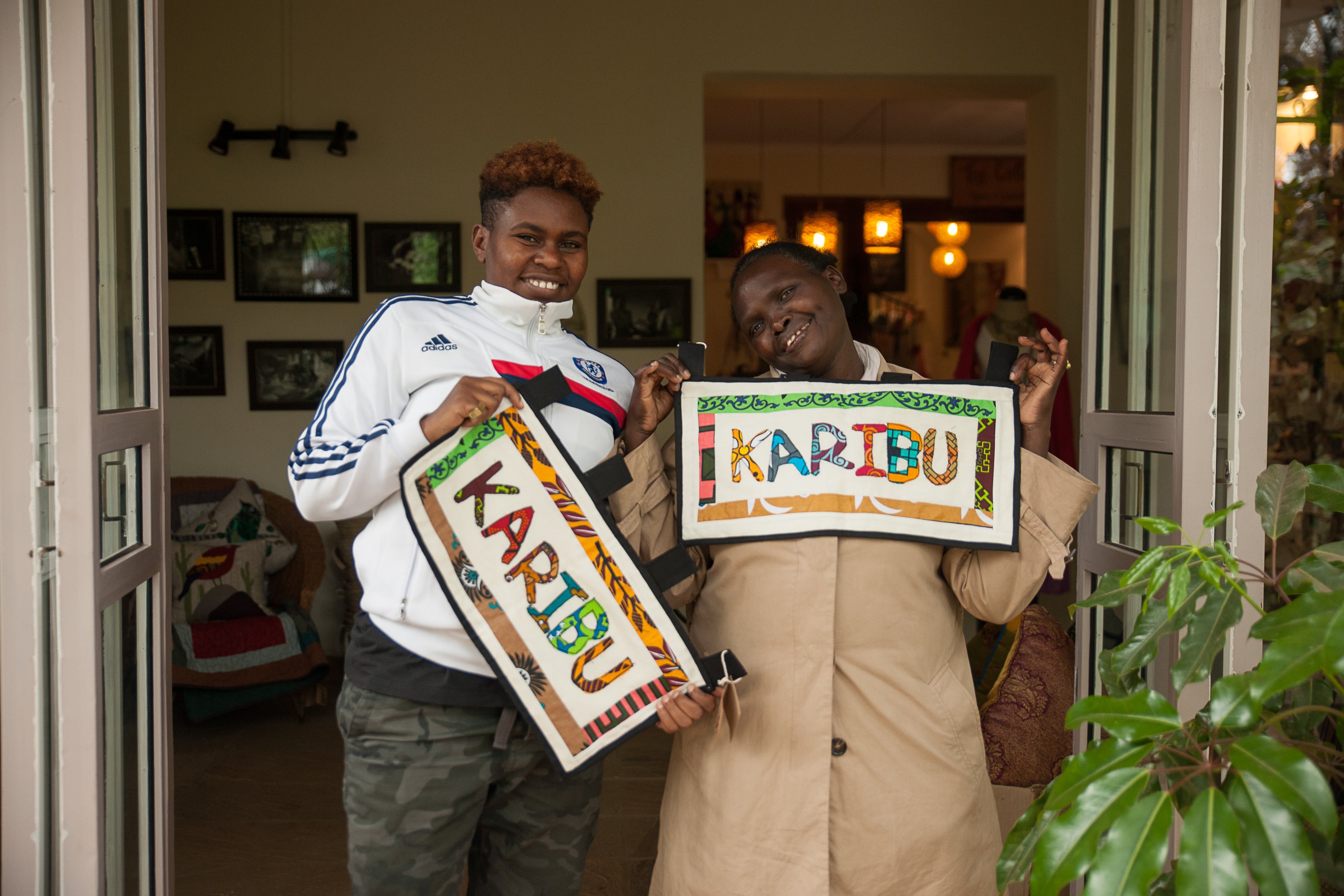
Leave a comment
This site is protected by hCaptcha and the hCaptcha Privacy Policy and Terms of Service apply.